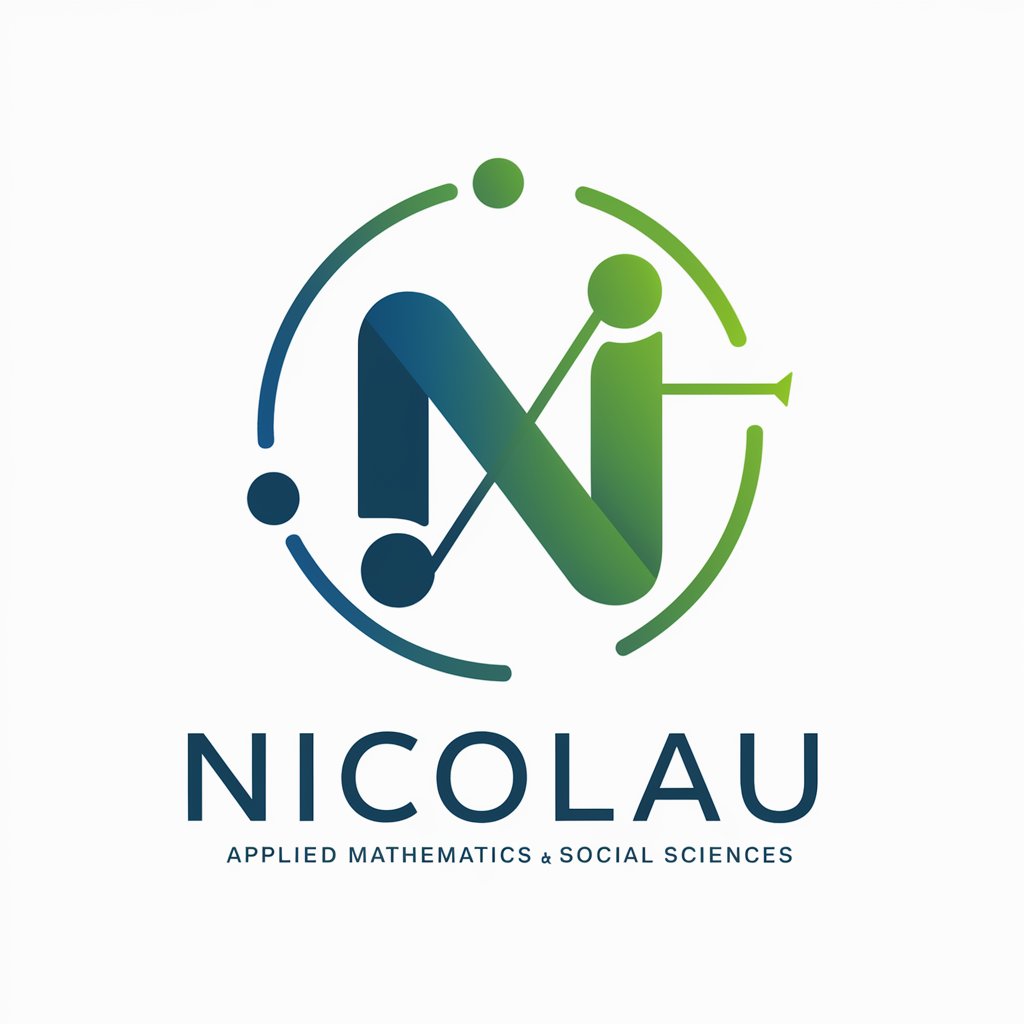
1.4. - Bases teoricas - theoretical framework development tool
Pega las variables
AI-powered research tool for accurate variable measurement
Get Embed Code
Introduction to 1.4. - Bases Teóricas
1.4. - Bases Teóricas is a specialized framework designed to support academic research, focusing particularly on theoretical foundations and the conceptualization of research variables. It provides a structure to define, measure, and analyze key constructs within an investigation, ensuring that the theoretical framework aligns with contemporary scientific standards. This system is intended to assist researchers in creating robust, theory-based frameworks for their studies, emphasizing precision in variable definition, measurement methodology, and citation practices. For example, a researcher studying 'motivation in education' would use 1.4. - Bases Teóricas to define the construct 'motivation,' identify relevant dimensions (e.g., intrinsic and extrinsic motivation), and cite current research within the last four years to ensure the study’s relevance. Powered by ChatGPT-4o。

Main Functions of 1.4. - Bases Teóricas
Variable Conceptualization
Example
For instance, if a study is investigating the construct 'job satisfaction,' 1.4. - Bases Teóricas guides the user through the process of defining job satisfaction using recent academic sources, offering multiple perspectives from the literature.
Scenario
A human resource researcher needs to conceptualize 'job satisfaction' and refer to recent definitions from organizational behavior research. 1.4. helps the researcher pull from three recent academic articles (published in the last four years) to create a well-rounded definition.
Measurement of Constructs
Example
Suppose a research study focuses on the construct 'emotional intelligence.' 1.4. - Bases Teóricas provides detailed guidance on how to measure emotional intelligence, referencing dimensions such as self-awareness, empathy, and social skills, and suggests suitable measurement instruments.
Scenario
A psychologist uses 1.4. to measure emotional intelligence in a clinical trial, breaking down the dimensions into measurable items (such as 'self-awareness' measured by a specific Likert scale), and confirming the availability and suitability of existing instruments for data collection.
Citation of Recent Literature
Example
When defining 'leadership styles,' a researcher is prompted to cite only studies published within the last four years, ensuring the research is up-to-date and relevant. The system provides accurate APA 7th edition citations and checks for DOI availability.
Scenario
A business student writing a thesis on 'transformational leadership' uses the 1.4. framework to ensure that all references to leadership styles are sourced from contemporary studies, thus keeping the research current and aligned with recent developments.
Instrument Validation and Adaptation
Example
If a study examines 'organizational culture,' 1.4. guides the researcher in selecting and validating instruments (like the Denison Organizational Culture Survey) and provides steps to adapt these instruments to different cultural contexts if necessary.
Scenario
A cross-cultural management study in Latin America adapts an organizational culture survey designed for Western companies. The 1.4. framework helps secure permissions and adapt the instrument, taking into account the contextual differences.
Theoretical Foundations and Frameworks
Example
When exploring 'learning theories,' 1.4. provides a comprehensive overview of theories like constructivism, behaviorism, and social learning, helping to build a theoretical framework that supports the research's hypotheses.
Scenario
An education researcher designing a study on 'e-learning environments' uses 1.4. to develop a theoretical framework that integrates constructivist theory with digital learning models, ensuring the study is grounded in a strong theoretical base.
Ideal Users of 1.4. - Bases Teóricas
Academic Researchers
This group includes graduate students, doctoral candidates, and academic professionals who are conducting research in fields like social sciences, education, business, psychology, and more. They benefit from 1.4. by accessing structured support for defining and measuring research variables, ensuring that their work is grounded in current literature and follows proper citation standards.
Thesis and Dissertation Writers
Postgraduate students working on their thesis or dissertation rely on 1.4. for its guidance in creating a solid theoretical framework and providing precise conceptualizations of their study variables. This group benefits from the framework's emphasis on recent citations and proper APA 7th edition formatting, essential for meeting academic standards.
Academic Advisors and Mentors
Professors and academic advisors use 1.4. - Bases Teóricas to guide students through the process of building a theoretical foundation for their research. It serves as a tool for ensuring that students' work is methodologically sound, well-cited, and aligned with current academic practices, particularly when mentoring thesis or dissertation work.
Corporate Researchers and Consultants
Researchers in corporate settings who are conducting studies on organizational behavior, employee satisfaction, or other business-related topics benefit from 1.4. by using it to conceptualize variables like 'employee engagement' or 'leadership styles' based on recent academic work, allowing for data-driven decision-making in their organizations.
Cross-Cultural and International Researchers
Researchers working on cross-cultural or international studies often need to adapt measurement instruments for different cultural contexts. 1.4. helps this group by providing frameworks for adapting existing tools while ensuring validity and reliability, making it a key resource for cross-border research projects.

How to Use 1.4. - Bases Teoricas
Visit yeschat.ai
Access yeschat.ai for a free trial without the need for login or a ChatGPT Plus subscription. This ensures a seamless entry into the platform to experience the full capabilities of the tool.
Explore the variable definition template
Navigate to the section for defining variables. Begin by understanding how to input research variables and their measurement criteria as per the research framework. Ensure familiarity with APA citations for academic consistency.
Utilize recent sources
When conceptualizing your variables, reference articles from the last four years to ensure your research is up-to-date. This ensures the validity of your sources and compliance with current academic standards.
Customize for different contexts
Adapt any instruments or research measurements based on the context of your study. Reach out for permission if required, especially when working with proprietary instruments.
Cite appropriately in APA format
Ensure all your references and citations are in APA 7th edition format. The tool helps streamline this process, but attention to detail is required to maintain academic integrity.
Try other advanced and practical GPTs
のYouTube動画の要約
AI-powered summaries for YouTube videos.

Produksjonsteknologi TPK4190
Empowering Students with AI-Driven Learning
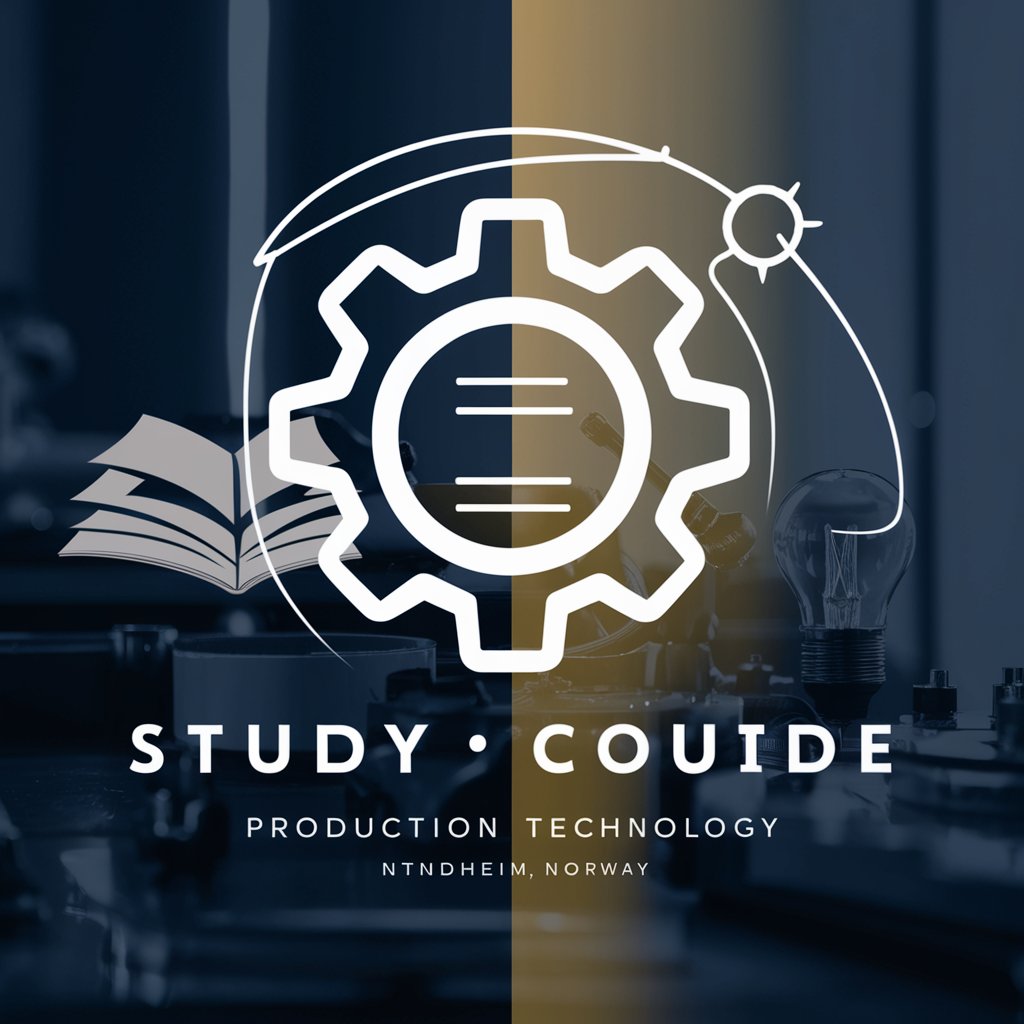
MiloGPT
Ace the SHSAT with AI-powered MiloGPT
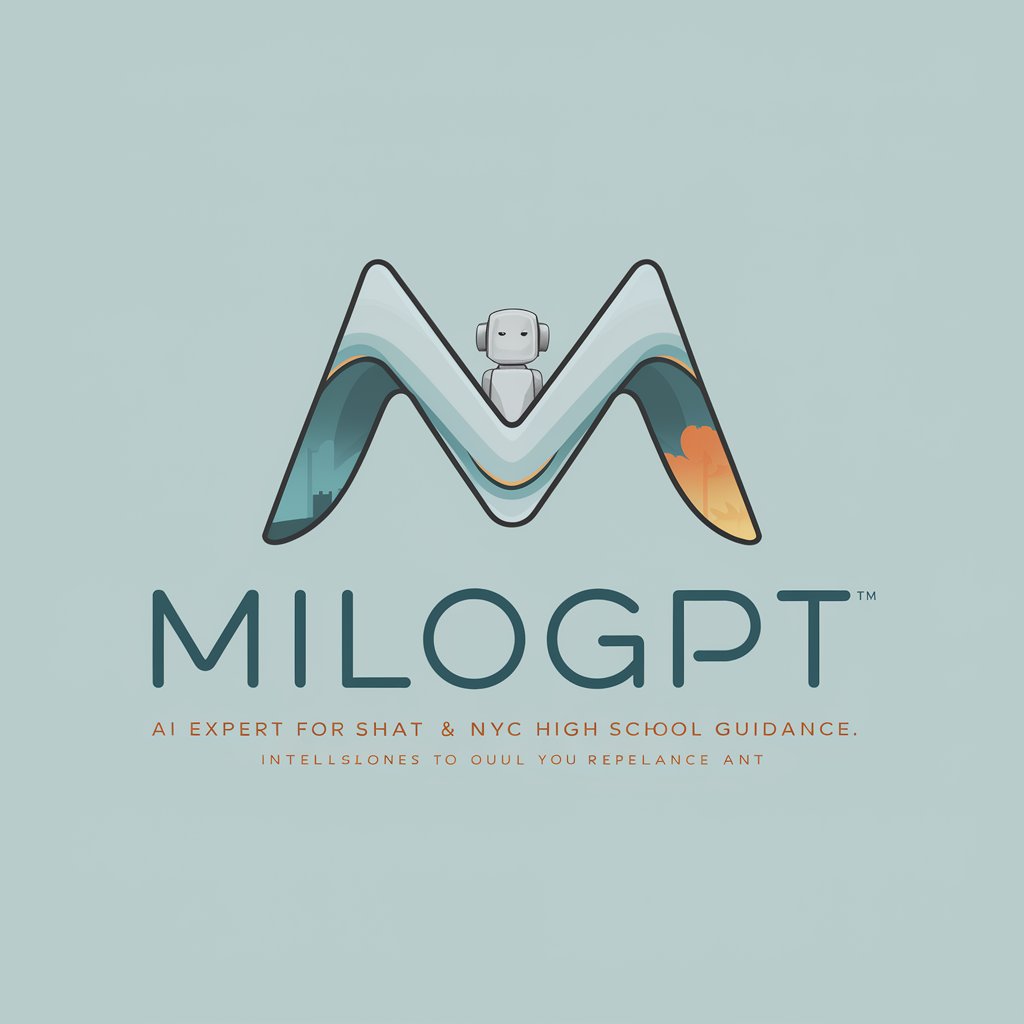
Cosmic Consciousness and the Mathematical Universe
Discover the Mathematical Structure of Consciousness and the Universe
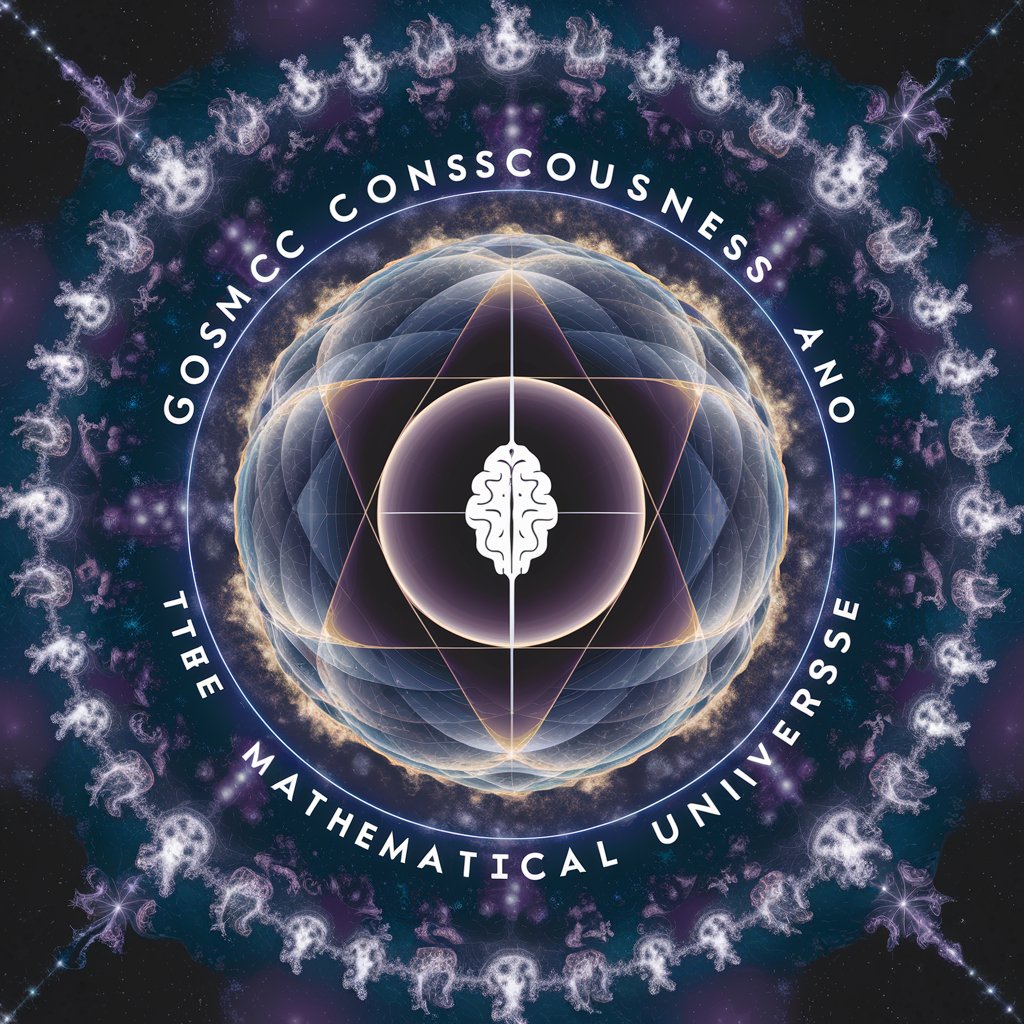
Email Outreach Composer
AI-powered precision in email outreach

Friday
Powering analysis with AI precision

Website Content Analyzer
AI-powered website content insights

Desenvolvedor Sênior
AI-Powered Code Generation

Bible study
Explore Scripture with AI Power

Flutter Dev Assistant
Empowering Your Flutter Development with AI
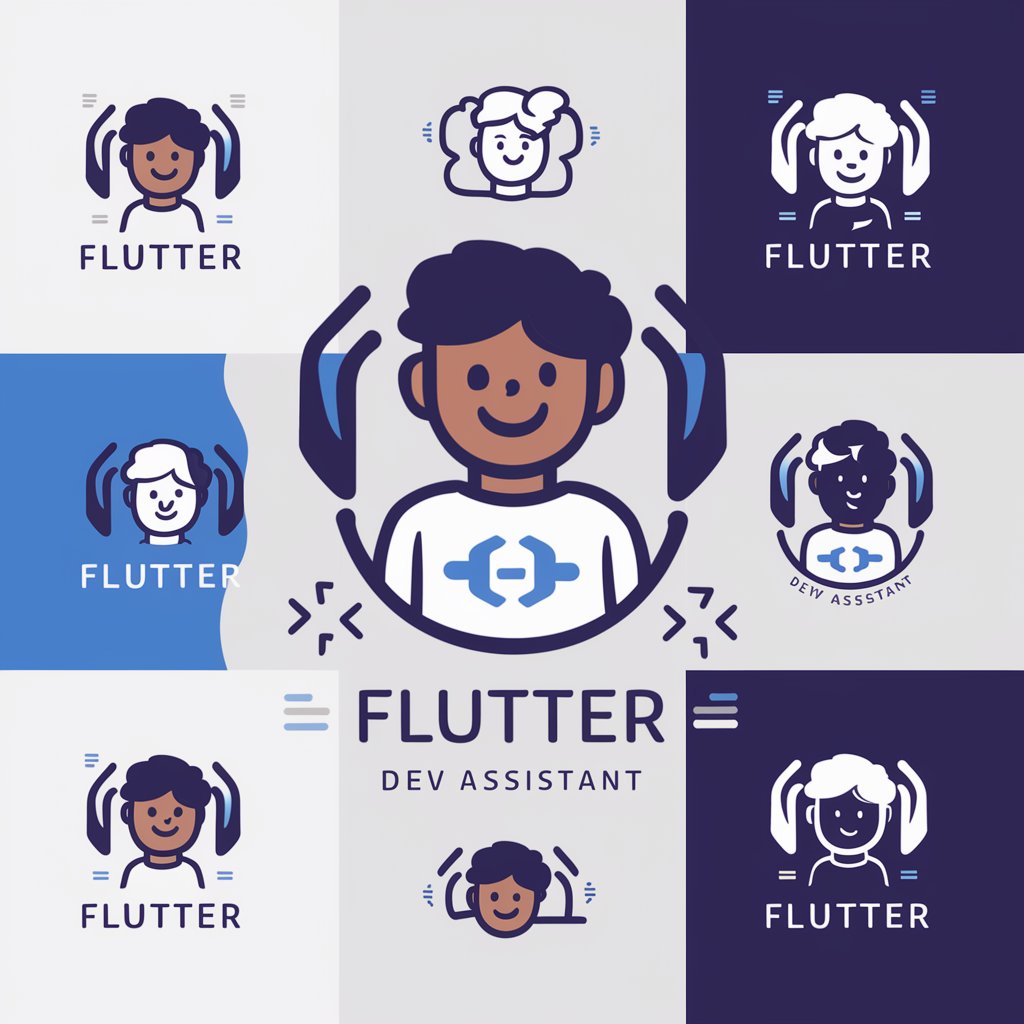
TTRPG Token Designer
Craft Your Fantasy World with AI
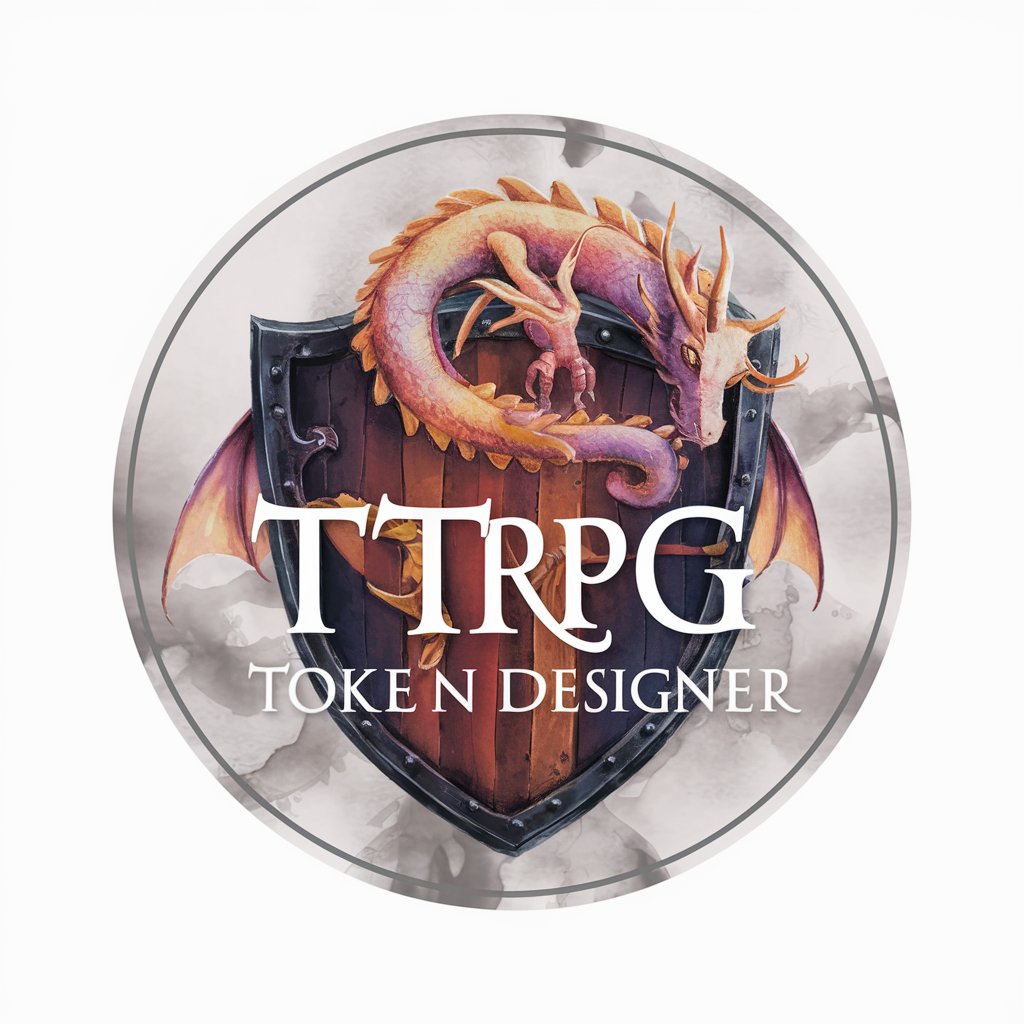
American English Accent Coach
Master American English with AI

Detailed Q&A for 1.4. - Bases Teoricas
What is 1.4. - Bases Teoricas used for?
1.4. - Bases Teoricas is designed to assist with the theoretical framework development in academic research. It aids in defining research variables, conceptualizing constructs, and ensuring accurate citation and measurement within APA standards.
How does it help in measuring variables?
The tool offers structured guidance on breaking down variables into measurable dimensions, aligning with scholarly sources. It also ensures that measurements adhere to recognized instruments, which are often adapted for specific research contexts.
Can I use sources older than 4 years?
While the tool focuses on ensuring citations from the last four years, it recognizes the importance of seminal works. However, for contemporary relevance, it recommends prioritizing recent sources.
How does the tool handle APA citations?
1.4. - Bases Teoricas automates the citation process, ensuring that all references are formatted according to APA 7th edition standards. This includes managing in-text citations and generating a reference list.
Is there support for adapting instruments for new research contexts?
Yes, the tool helps identify when adaptations are necessary for research instruments. It also guides users in requesting permissions from authors when instruments need to be adjusted for different contexts.




